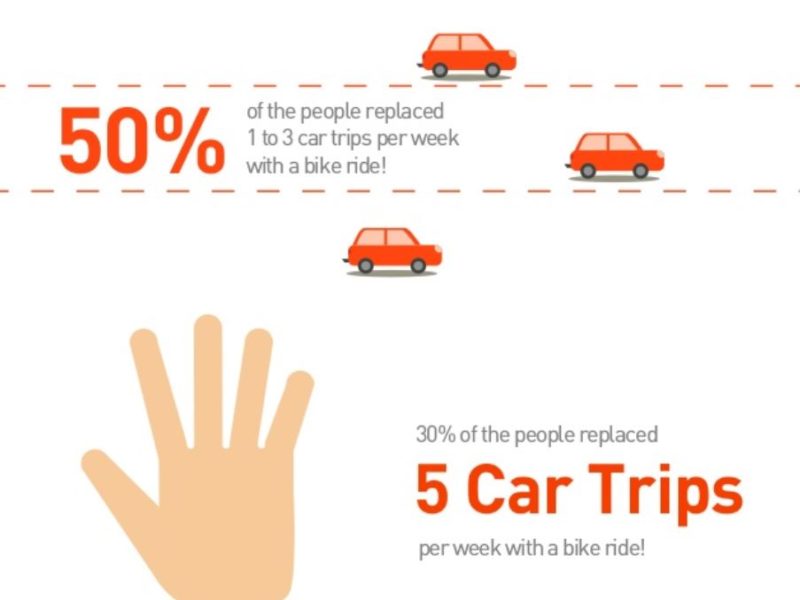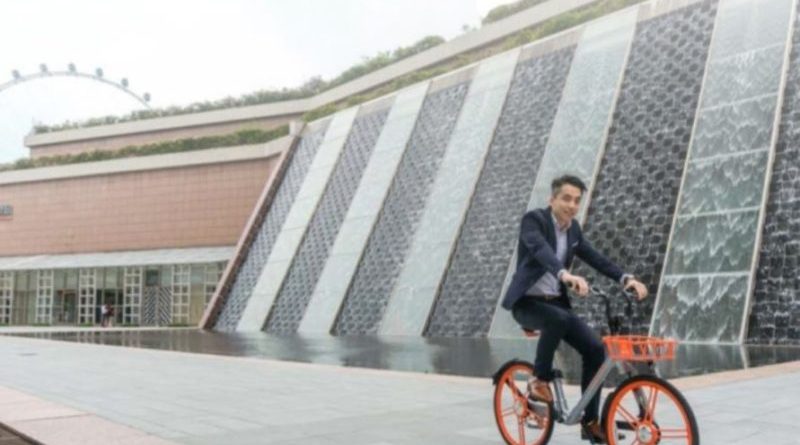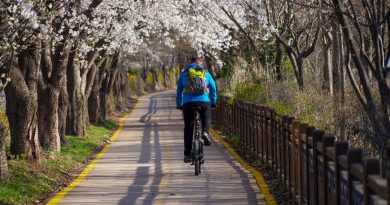Study of Singapore’s Mobike users shows shift away from private cars and doubled modal share
A new white paper form Mobike’s Singapore arm has furthered the notion that dockless bike share is reshaping city transport habits with some 75% of its users stating they use cars less since discovering bike share.
Having cycled a combined 11,680,000 kilometers since launching in the city during March of 2017, Singapore’s users are increasingly shifting away from private car use toward multi-modal travel. In fact 9 in 10 say that dockless bikes have made access to other transport forms easier.
 50% of users report dropping the car between 1 and 3 times a week in favour of bike share, while 30% replaced as many as five trips per week.
50% of users report dropping the car between 1 and 3 times a week in favour of bike share, while 30% replaced as many as five trips per week.
The 7am to 9am rush hour saw the greatest spike in usage year-on-year at 29% growth in users numbers from September 2017 through January 2018, though the rate of growth is now slowing. IN fact there is a trend for a more even usage throughout the day when compared to the March to September 2017 records.
Surprisingly, under 50% of journeys are commutes, with 30% pinning usage on health reasons and 22% simply on leisure cycling.
Beyond removing congestion from the city streets, Mobike’s data has enabled the share biz to calculate other positive social effects, most notably the removal of 700 tons of co2 emissions and a presumed 300,000 litres of gasoline. The savings are the equivalent of planting 18,167 trees.
A notoriously shower prone region, rainfall hasn’t really affected ridership habits; only 16% shy away during rainy spells.
It’s short trips for which Singapore’s dockless enthusiasts are opting to cycle most of all, with the average distance coming in at 1.65 kilometres. This is actually a 60% drop in average distance year-on-year, though weekend journeys are around 24% longer in distance over weekdays.
74% of users are male and primarily aged between 18 and 34 (56%). Just 5% of users are over 55.
Using prior data, Mobike is now confident that its deployment in the region has “at least doubled” cycling’s modal share in the region in under one year on the streets. Singapore’s LTA is to further this effort by building a 700km network of country-wide cycle paths by 2030.



